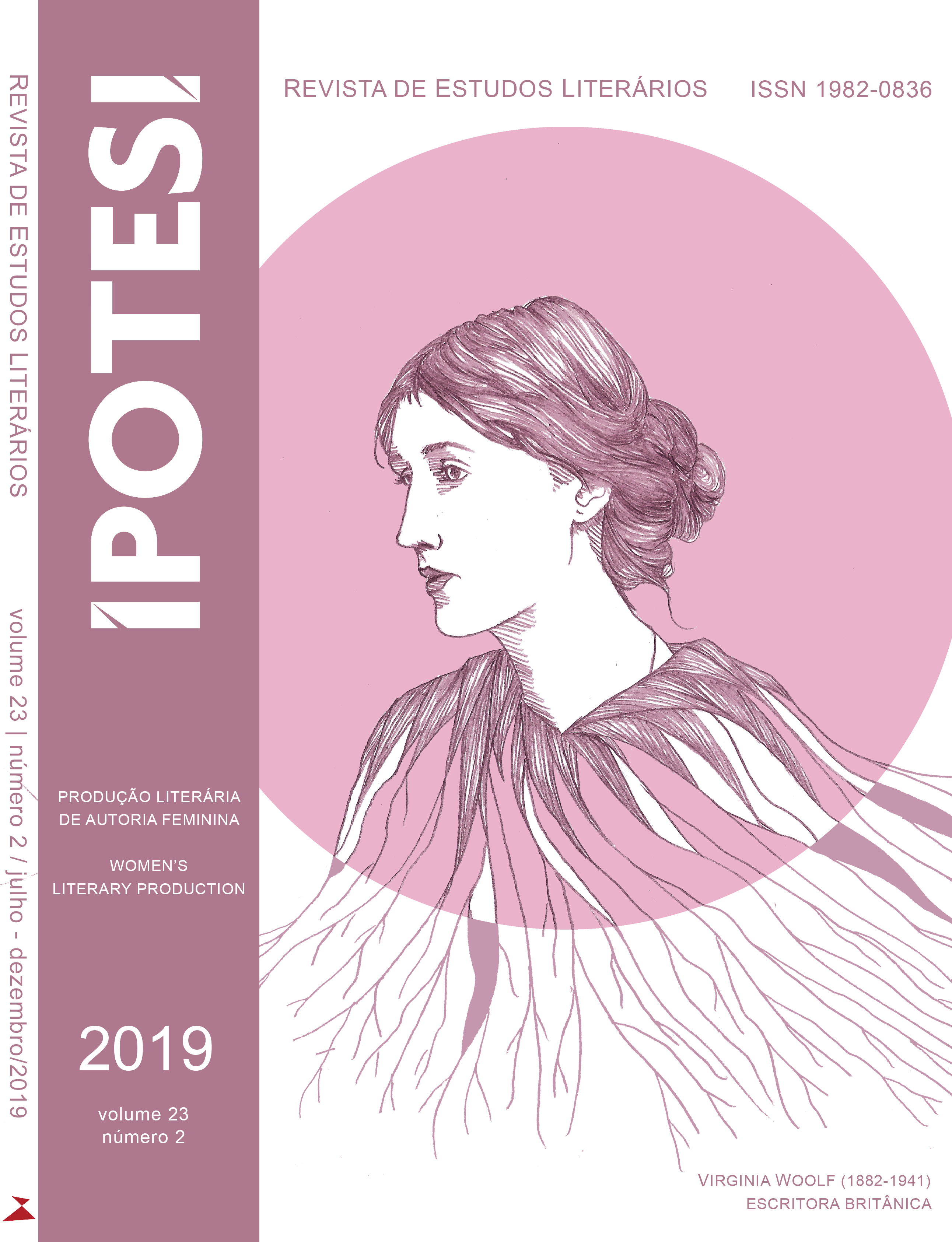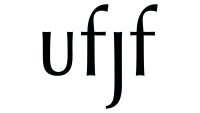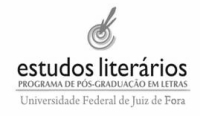VIRGINIA WOOLF E A CRÍTICA FEMINISTA
DOI:
https://doi.org/10.34019/1982-0836.2019.v23.29177Resumen
O presente artigo estabelece as relações entre a A room of one’s own e a crítica feminista, observando como essa tem revisto e ressignificado o ensaio de Virginia Woolf. Serão problematizadas questões como a exclusão feminina dos espaços públicos, das esferas políticas e, consequentemente, da literatura e da história. Depois disso, abordaremos a personagem Judith Shakespeare. Por último, duas questões problematizadas serão tratadas nesta análise, a primeira refere-se à tradição literária feminina e a segunda refere-se à própria frase feminina.
Palavras-chave: Crítica feminista, Judith Shakespeare, tradição literária feminina.
Referências
AUERBACH, E. Brown Stocking. In: ______. Mimesis: a representação da realidade na literatura ocidental. São Paulo: Perspectiva, 1971.
BARRETT, M. Introduction. In: WOOLF, V. A room of one’s own and Three guineas. Introd. Michèle Barrett. London: Penguin, 1993.
______ (ed.). Women and writing. London: The Women’s Press, 1979.
BOWLBY, R. Feminist destinations and further essays on Virginia Woolf. Edinburgh: Edinburgh University, 1997.
______. Walking, women and writing: Virginia Woolf as flâneuse. In: ARMSTRONG, I. (ed.). New Feminist discourses: critical essays on theories and texts. London: Routledge, 1992.
CAUGHIE, P. L. Virginia Woolf & postmodernism literature in quest and question of itself. Urbana: University of Illinois, 1991.
COELHO, N. N. Dicionário crítico de escritoras brasileiras. São Paulo: Escrituras, 2002.
______. A literatura feminina no Brasil contemporâneo. São Paulo: Siciliano, 1993.
GILBERT, S. Woman’s Sentence. Man’s Sentencing: Linguistic Fantasies in Woolf and Joyce. In: MARCUS, J. Virginia Woolf and the Bloomsbury: A Centenary. Bloomington: Indiana UP, 1987.
GILBERT, S.; GILBERT, S. Shakespeare’s sisters: feminist essays on women poets. Bloomington: Indiana University, 1979.
______. The madwoman in the attic: the woman writer in the nineteenth-century literary imagination. New Haven: Yale University, 2000.
______. The war of words. vol.1 of No man’s land: the place of the woman writer in the twentieth century. New Haven: Yale University, 1988.
HUSSEY, M. Virginia Woolf: A to Z. New York: Oxford University, 1995.
JONES, S. Writing the woman artist: essays on poetics, politics, and portraiture. Pennsylvania: University of Pennsylvania, 1991.
MARCUS, J. Art and anger: reading like a woman. Columbus: Ohio State University, 1988.
______. Virginia Woolf and the languages of the patriarchy. Bloomington: Indiana University, 1987a.
MINOW-PINKNEY, M. Virginia Woolf and the problem of the subject: feminine writing in the major novels. New Brunswick: Rutgers University, 2010.
MOERS, E. Literary women: the great writers. New York: Doubleday, 1976.
MUZART, Z. L. Escritoras brasileiras do século XIX. Florianópolis: Mulheres, 2005.
OLSEN, T. Silences. New York: Seymour Lawrence, 1978.
RICH, A. Of woman born: motherhood as experience and institution. New York: W W. Norton, 1995.
ROSENBAUM, S.P. Women and fiction: the manuscript versions of A room of one’s own. Oxford: Blackwell, 1992.
SHOWALTER, E. Feminist criticism in the wilderness. In: GILBERT, S.; GUBAR, S. Feminist literary theory and criticism. New York; London: W. W. Norton, 2007.
SNAITH, A. Introduction. In: WOOLF, V. A room of one’s own and Three guineas. Oxford: Oxford University, 2015.
STETZ, M. D. Anita Brookner: Woman writer as reluctant feminist. In: ______. Writing the woman artist: essays on poetics, politics and portraiture. Pennsylvania: University of Pennsylvania, 1991.
WALKER, A. In search of our mother’s gardens. In: ______. In search of our mother’s gardens: womanist prose. San Diego: Harcourt Brace Jovanovich, 1983.
WOOLF, V. A room of one’s own and Three guineas. Introd. Anna Snaith. Oxford: Oxford University, 2015.
WOOLF, V. A room of one’s own and Three guineas. Introd. Michèle Barrett. London: Penguin, 1993.










